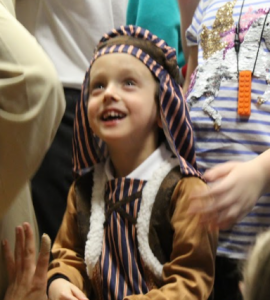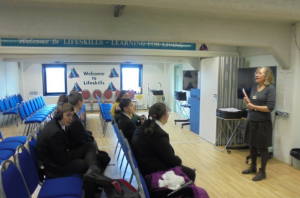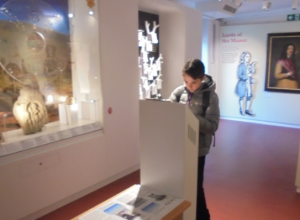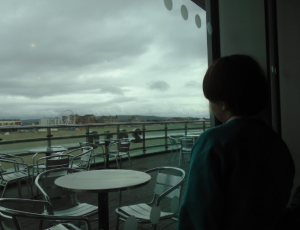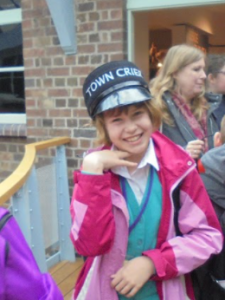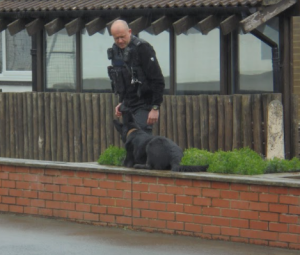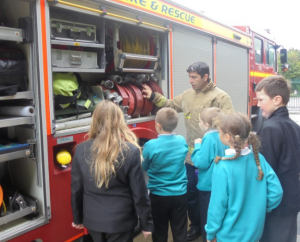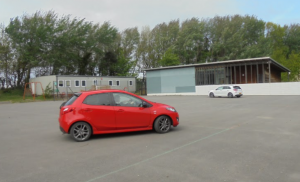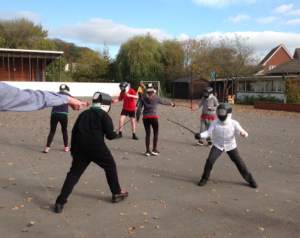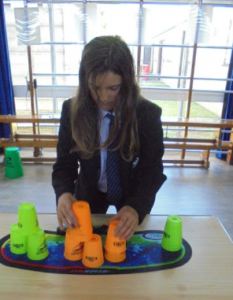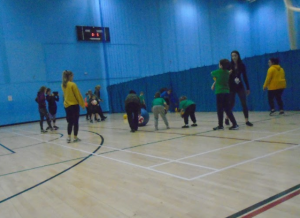What does Cultural Capital mean at Westhaven School in Lower School?
Every child and family who joins our setting will have their own knowledge and experiences that will link to their culture and wider family. This might include: languages, beliefs, traditions, cultural and family heritage, interests, travel and work.
Research shows that when children and families’ cultures are valued, both the child’s experience of learning and progress can benefit (Husain et al., 2018, p. 4 and Gazzard, E. 2018 in Chalmers, H. and Crisfield, E. 2019)
Cultural capital is the accumulation of knowledge, behaviours, and skills that a child can draw upon and which demonstrates their cultural awareness, knowledge and competence; it is one of the key ingredients a learner will draw upon to be successful in society, their career and the world of work.
Cultural capital gives power. It helps children achieve goals, become successful, and rise up the social ladder without necessarily having wealth or financial capital. Cultural capital is having assets that give children the desire to aspire and achieve social mobility whatever their starting point.
Ofsted define cultural capital as…
“As part of making the judgement about the quality of education, inspectors will consider the extent to which schools are equipping learners with the knowledge and cultural capital they need to succeed in life.
Our understanding of ‘knowledge and cultural capital’ is derived from the following wording in the national curriculum: ‘It is the essential knowledge that learners need to be educated citizens, introducing them to the best that has been thought and said and helping to engender an appreciation of human creativity and achievement.’ “
At Westhaven School, children benefit from a flexible curriculum that builds on what they understand and know already. We believe that exposure, not only to culture but also to situations in which the children might not have previous experiences of, is of paramount importance to their ongoing successes.
Gradually widening children’s experiences as they progress through school is an important step in providing rich and engaging learning across the curriculum. We plan carefully for children to have progressively richer experiences in the EYFS and beyond. These include trips to the local park, shops and visits to places of worship, museums, sports and nearby venues just to name a few.


